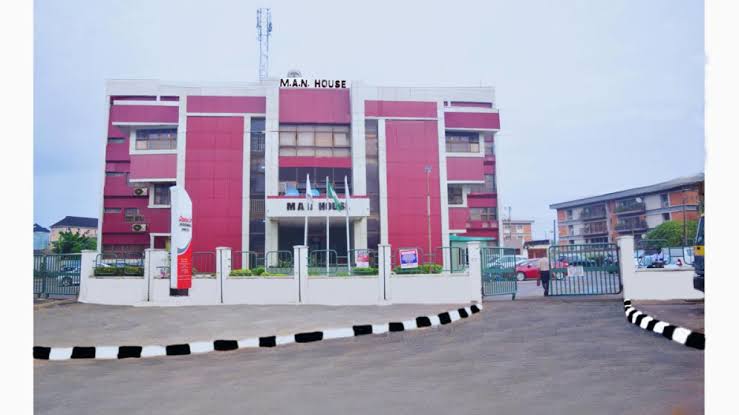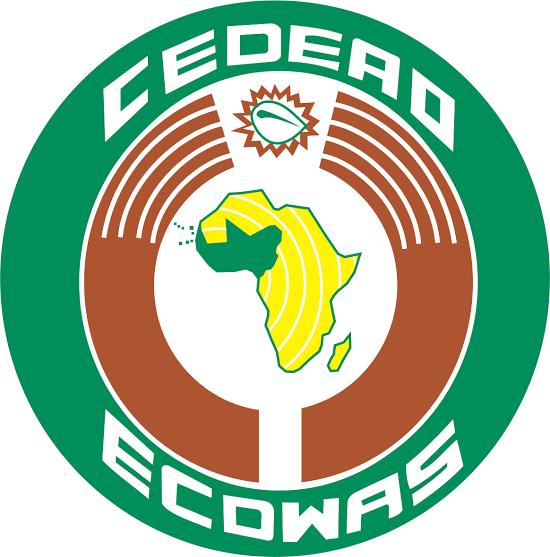The ThinkBusiness Africa has advised the federal government to evolve a balanced approach for Sugar-Sweetened Beverage (SSB) that should prioritise enforcement of existing regulations than focusing on increasing the tax burden of the manufacturers of the products..
This advice is a contrast to the demand made by the Corporate Accountability and Public Participation Africa (CAPPA) that government should increase the N10 per litre excise tax on SSB to N130.
CAPPA, in 2024, released a report titled “Junk on Our Plates: Exposing Deceptive Marketing of Unhealthy Foods Across Seven States in Nigeria,” that called for an aggressive overhaul of Nigeria’s SSB tax by increasing the current SSB Tax of₦10 to ₦130 per litre.
The report tied the perceived rising rates of obesity, diabetes, and hypertension directly to SSB consumption.
However, a review of CAPPA’s report by ThinkBusiness Africa has presented a more grounded and data-driven perspective that offered a valuable lens through which to assess the broader implications of policy shifts like the proposed SSB tax increase.
According to the Chief Executive Officer of ThinkBusiness Africa, Dr. Ogho Okiti, “what is missing is a balanced and comprehensive policy approach.
“Instead of focusing solely on taxation, Nigeria should prioritize enforcement of existing regulations—particularly on product labeling, trans fats, and misleading health claims.
“Broader interventions like school-based nutrition education, community wellness campaigns, and promotion of physical activity are equally essential to any meaningful reduction in non-communicable diseases.
Okiti argued that to design effective and equitable public policy, “Nigeria urgently requires a Total Dietary Intake Study to assess where calories and nutrients come from across all demographics.
“This will provide the evidence base for multi-sectoral interventions, rather than relying on narrow or emotive narratives.”
He also recommended that any new tax proposal should undergo a regulatory impact assessment to evaluate potential consequences on employment, pricing, and public health before being implemented.
“Finally, transparency remains a sticking point. Since the introduction of the SSB tax in 2022, there has been no public accounting of the revenues it has generated or how those funds have been used to support health systems.
He warned that the SSB tax would lose its moral and fiscal legitimacy if transparency and earmarked spending are lacking.
“If public health is the stated goal, then Nigerians deserve to know how their money is being used to achieve it,” Okiti said.
While CAPPA’s advocacy brought attention to Nigeria’s urgent health challenges, the ThinkBusiness Africa’s response offered a sobering reminder of what is at stake, which is that health policy cannot be detached from economic reality, especially now that Nigeria is navigating rising inflation, youth unemployment, and sluggish manufacturing growth.
According to ThinkBusiness, Nigeria must avoid a ‘trigger-happy fiscalism’ that is driven more by optics than outcomes.”
Okiti said: “You cannot credibly propose a 1,200 per cent increase in any tax without first evaluating the impact of the existing policy.
“Policy decisions must be rooted in evidence, not just urgency. The risk of overreach is high—both in economic disruption and public trust.”
He also outlined the complexity of Nigeria’s beverage industry, which spans large-scale manufacturers to informal retail vendors operating across rural and urban economies.
He warned that in such a fragmented market, enforcement becomes difficult and often disproportionately affects small and medium enterprises.
“There is a tendency in some advocacy circles to treat sugar-sweetened beverages as the sole culprit in Nigeria’s nutritional challenges.
“But dietary health is influenced by a constellation of factors—urbanisation, income, education, processed food consumption, and sedentary behavior. Singling out SSBs is reductionist,” he said.
He noted that the economic burden of a higher SSB tax also cannot be ignored as Nigeria’s beverage producers are already contending with steep fiscal obligations, including a 30 per cent corporate income tax, 7.5 per cent VAT, and a 3.0 per cent tertiary education tax.
According to PwC, this amounted to an effective tax burden of 45 per cent on the sector. Therefore, an additional ₦130/litre excise tax would not only intensify inflationary pressure but also threaten jobs across the manufacturing and distribution value chains.
Nigeria’s sugar consumption remains among the lowest in West Africa. The National Sugar Development Council reported that per capita sugar intake stood at just 6.9kg in 2018—a stark contrast to regional peers.
This metric questions the portrayal of Nigeria as a sugar-saturated nation and casts doubt on the necessity of such an extreme policy response.





